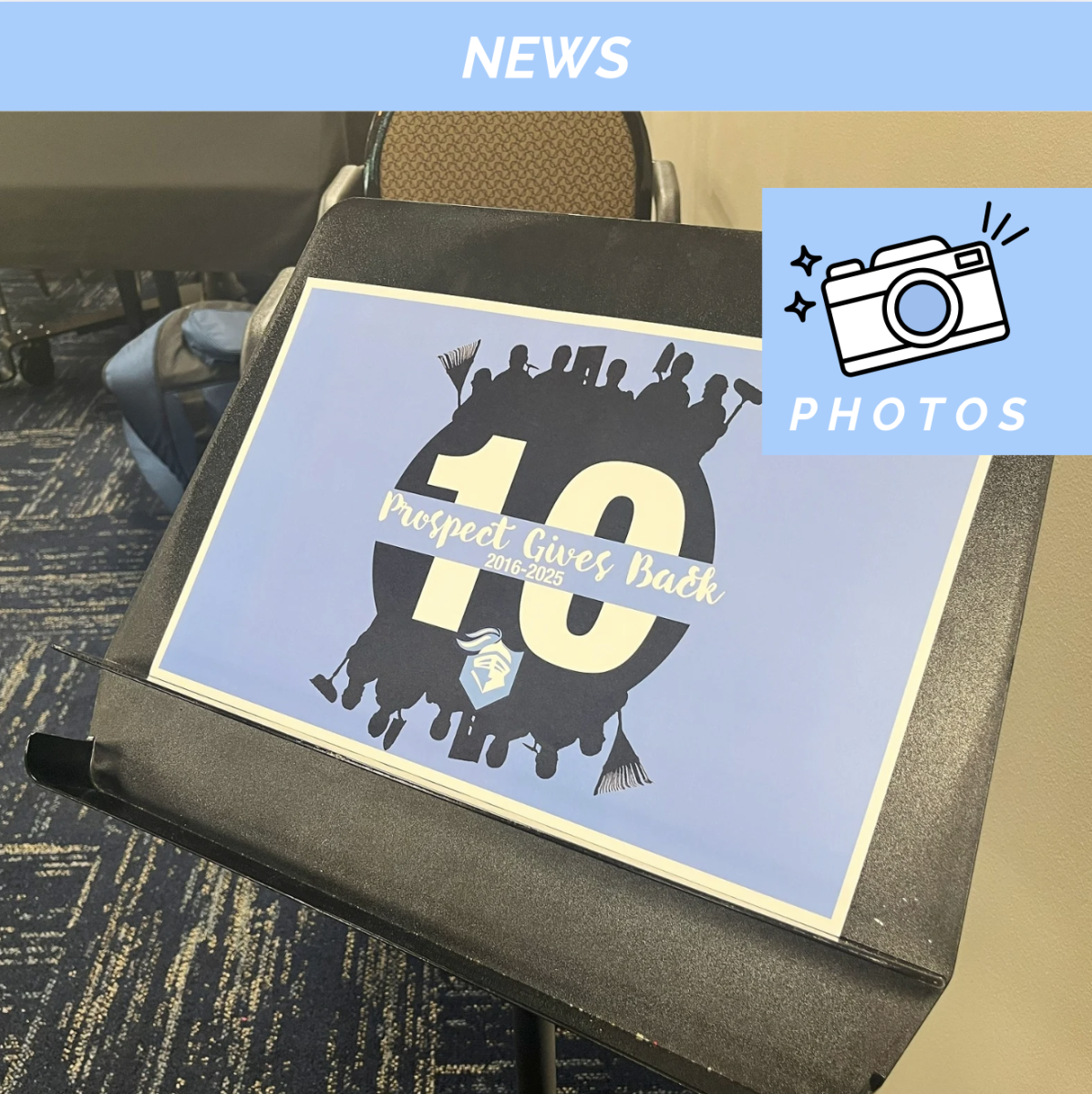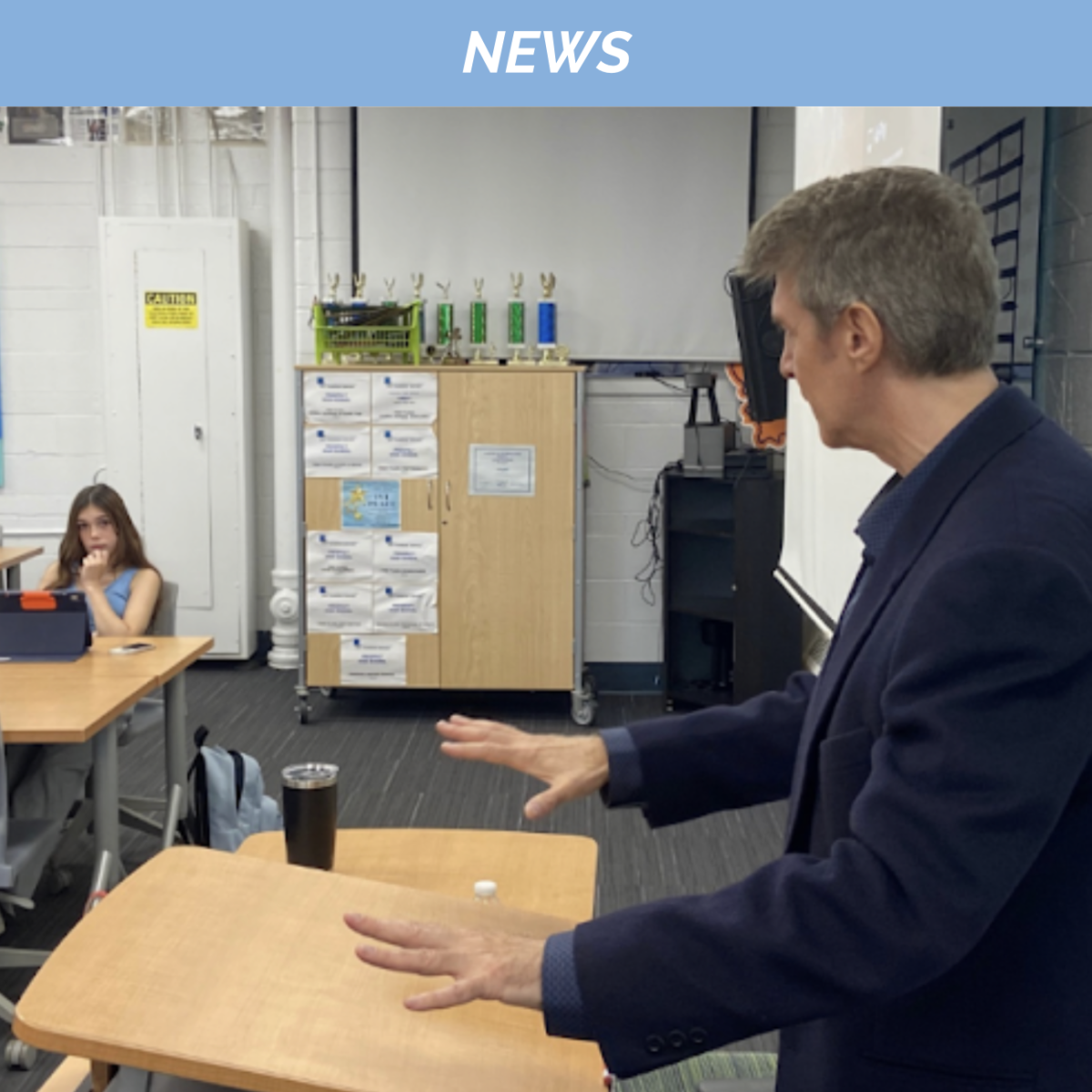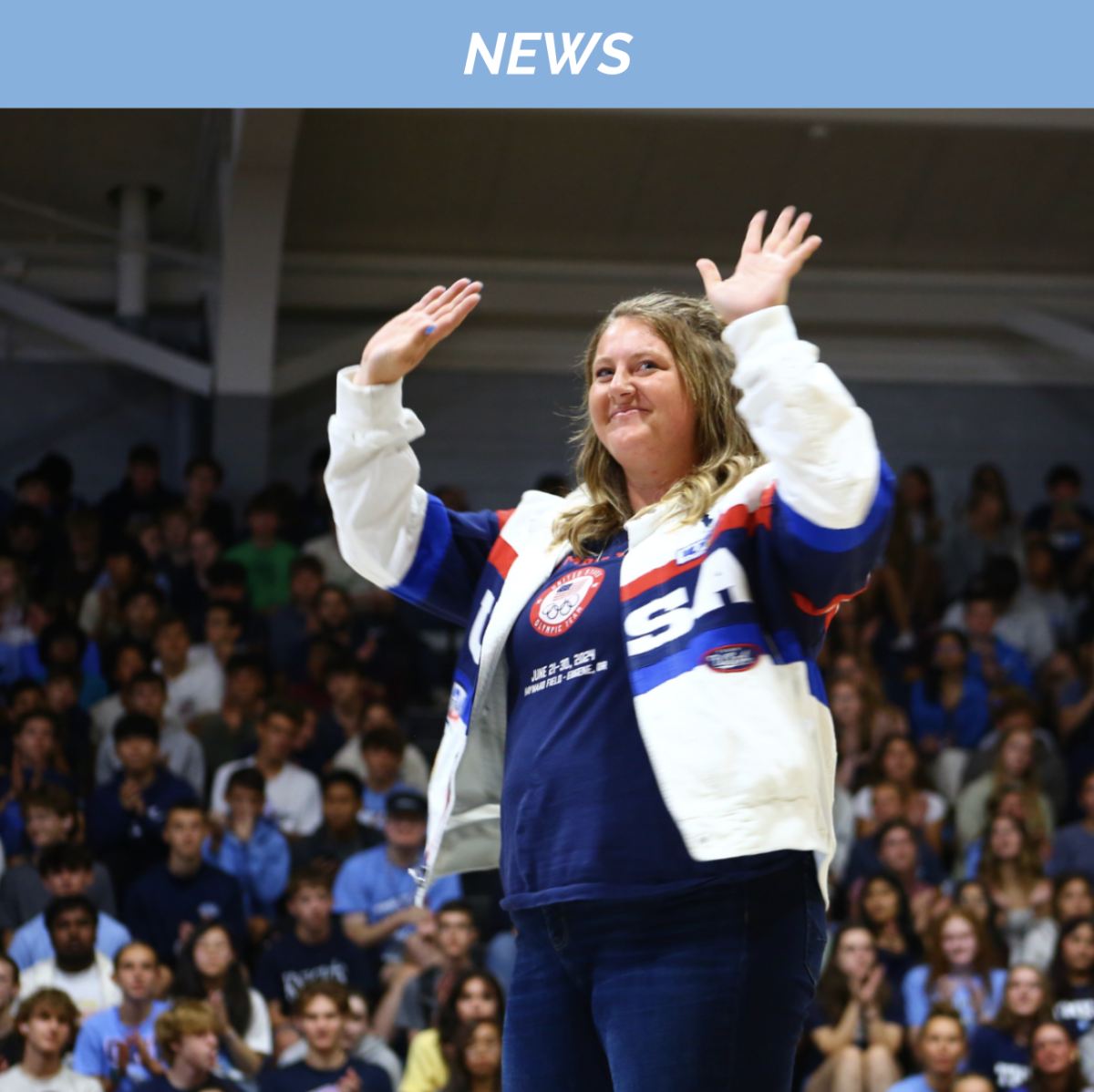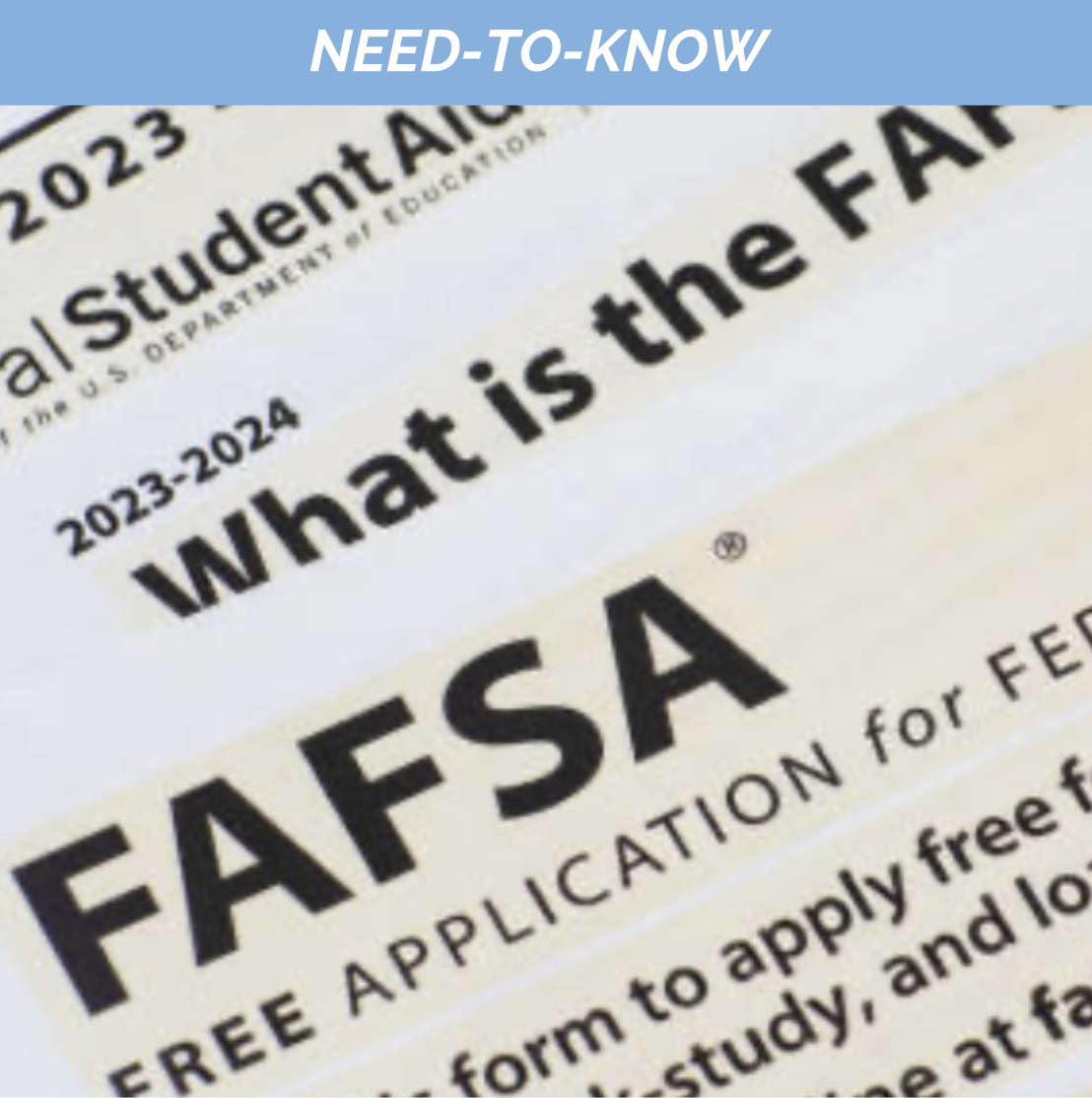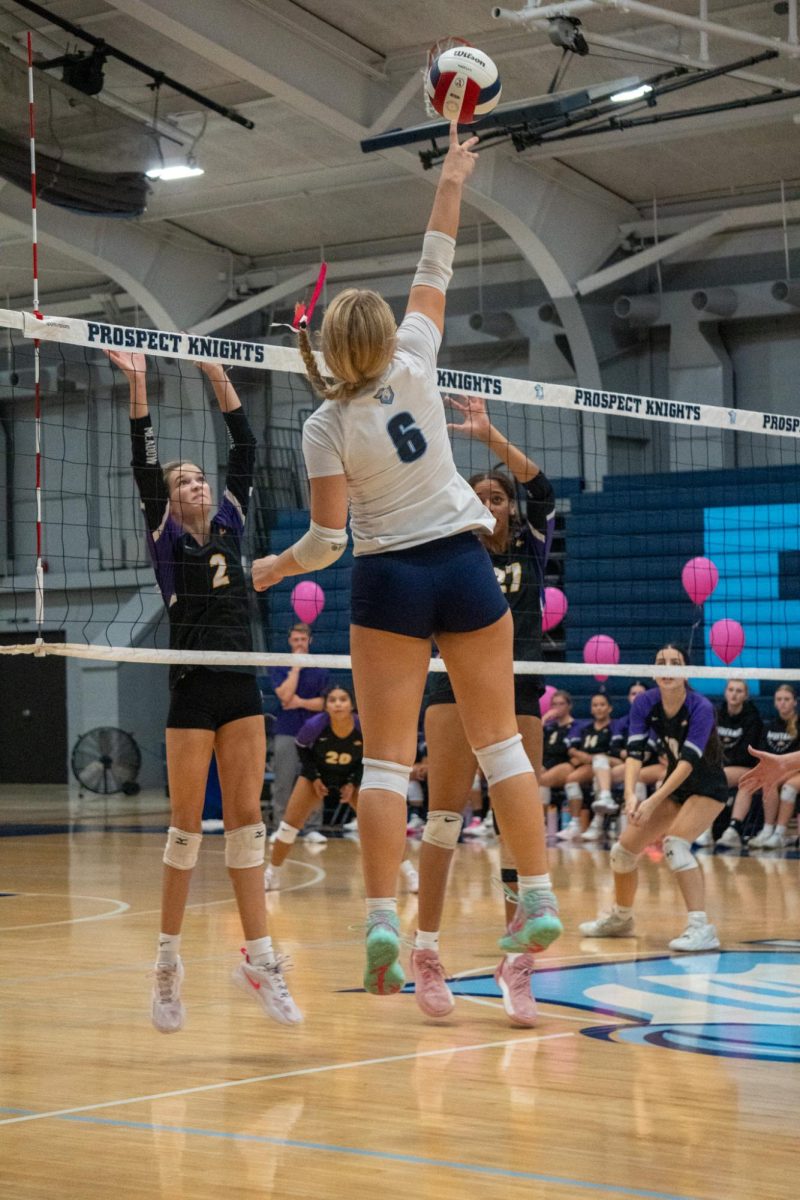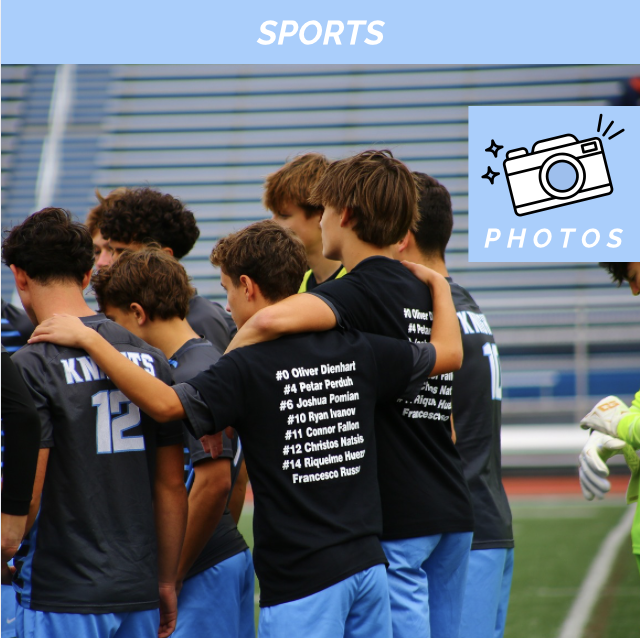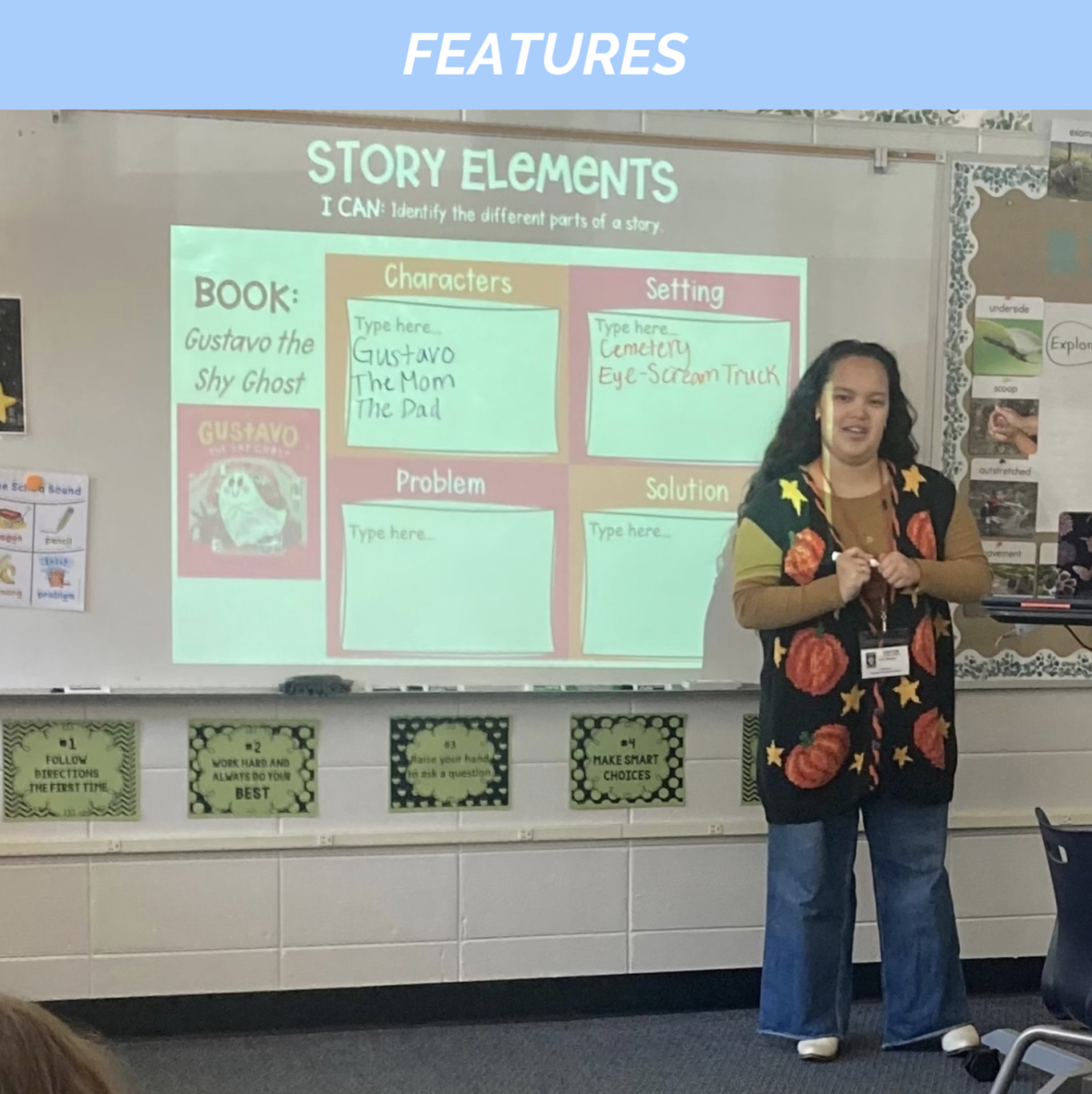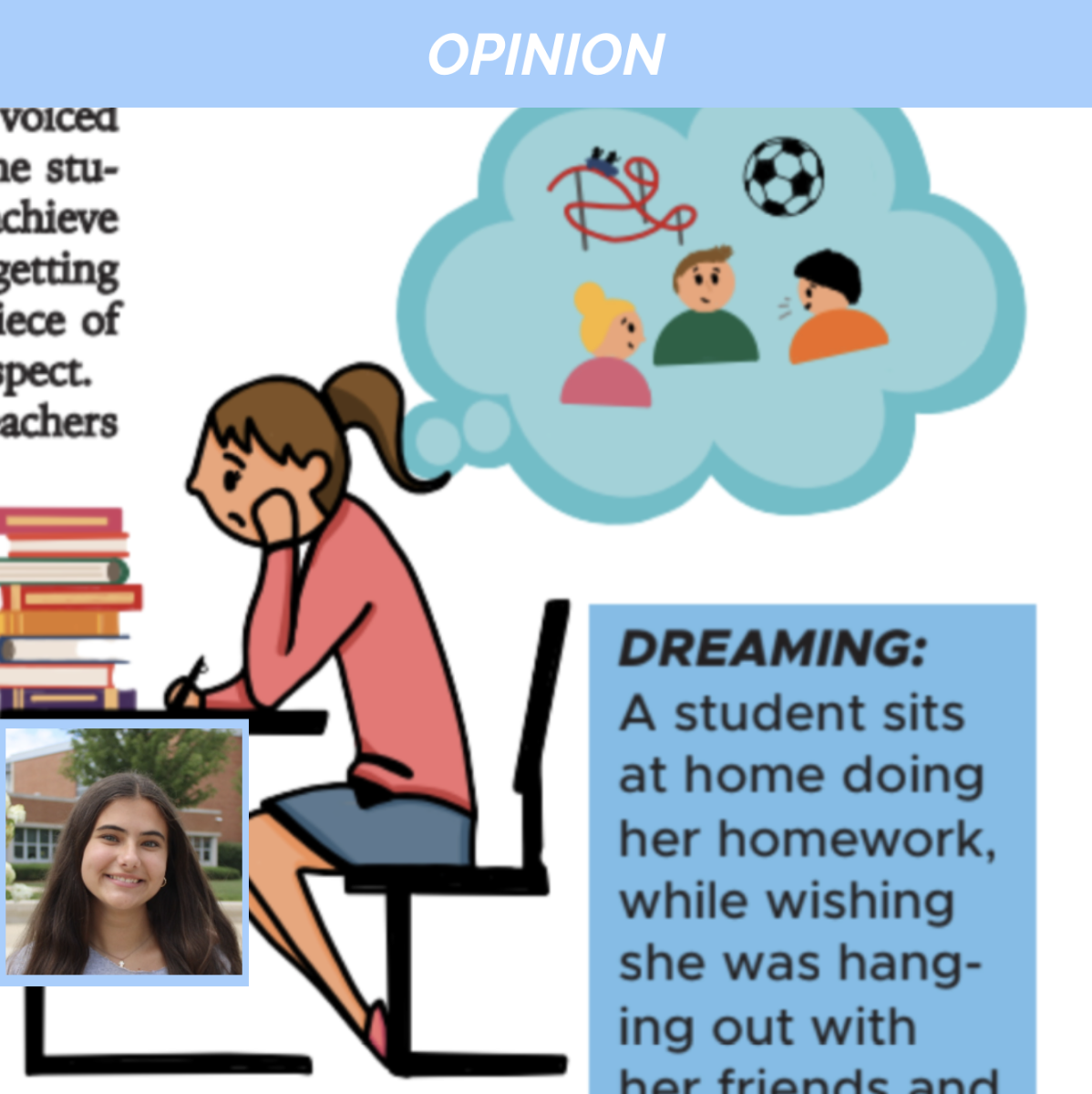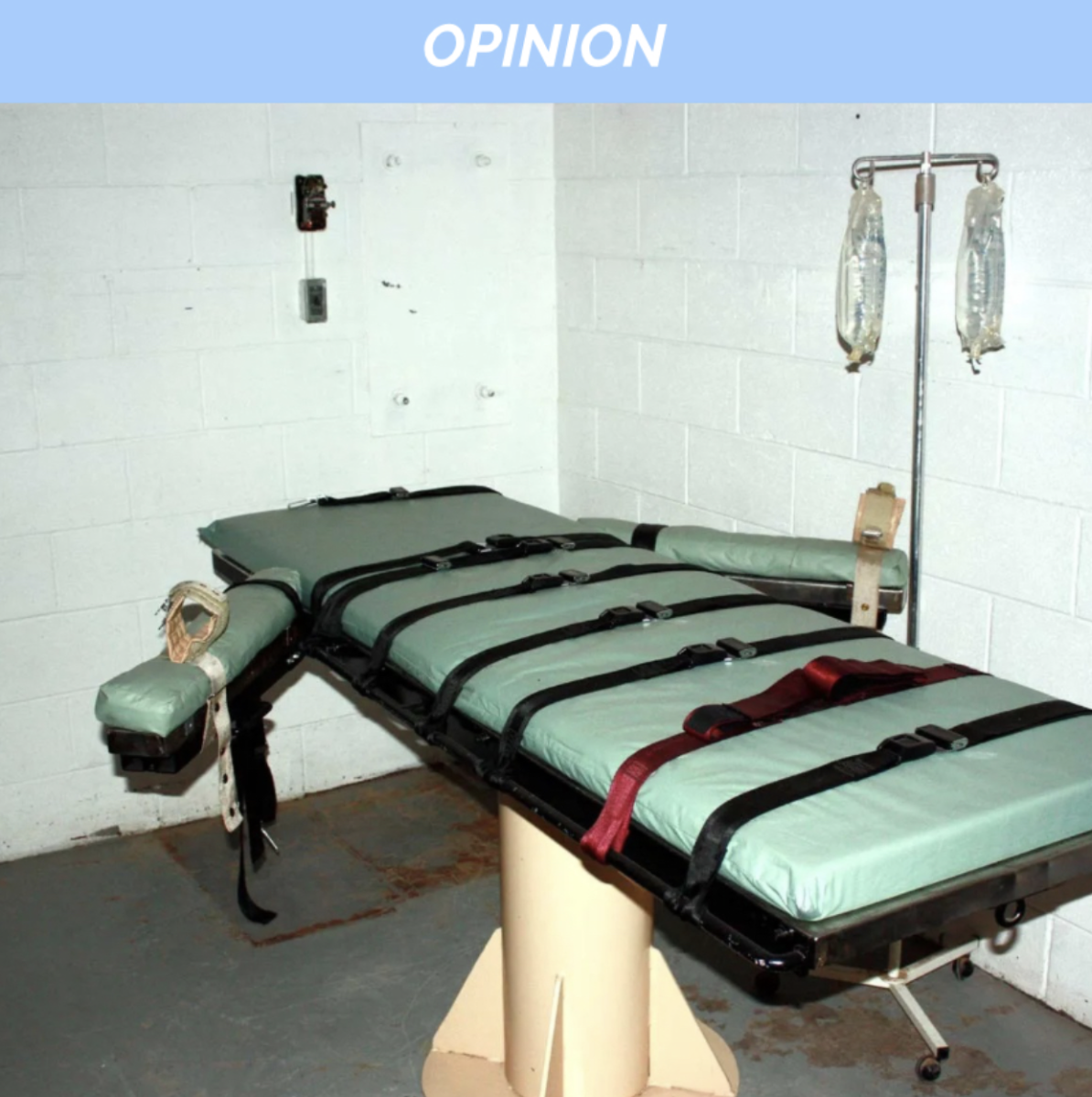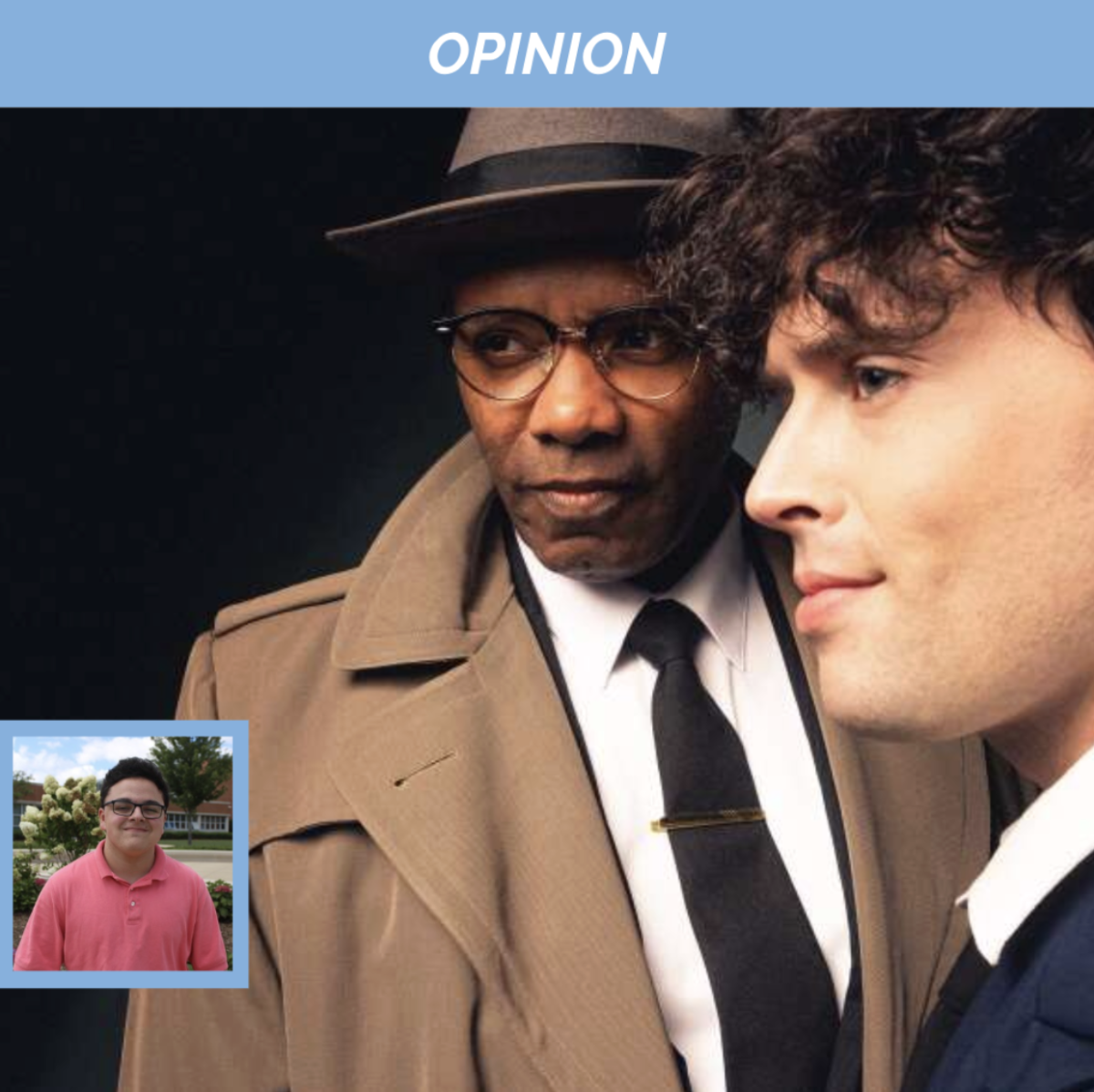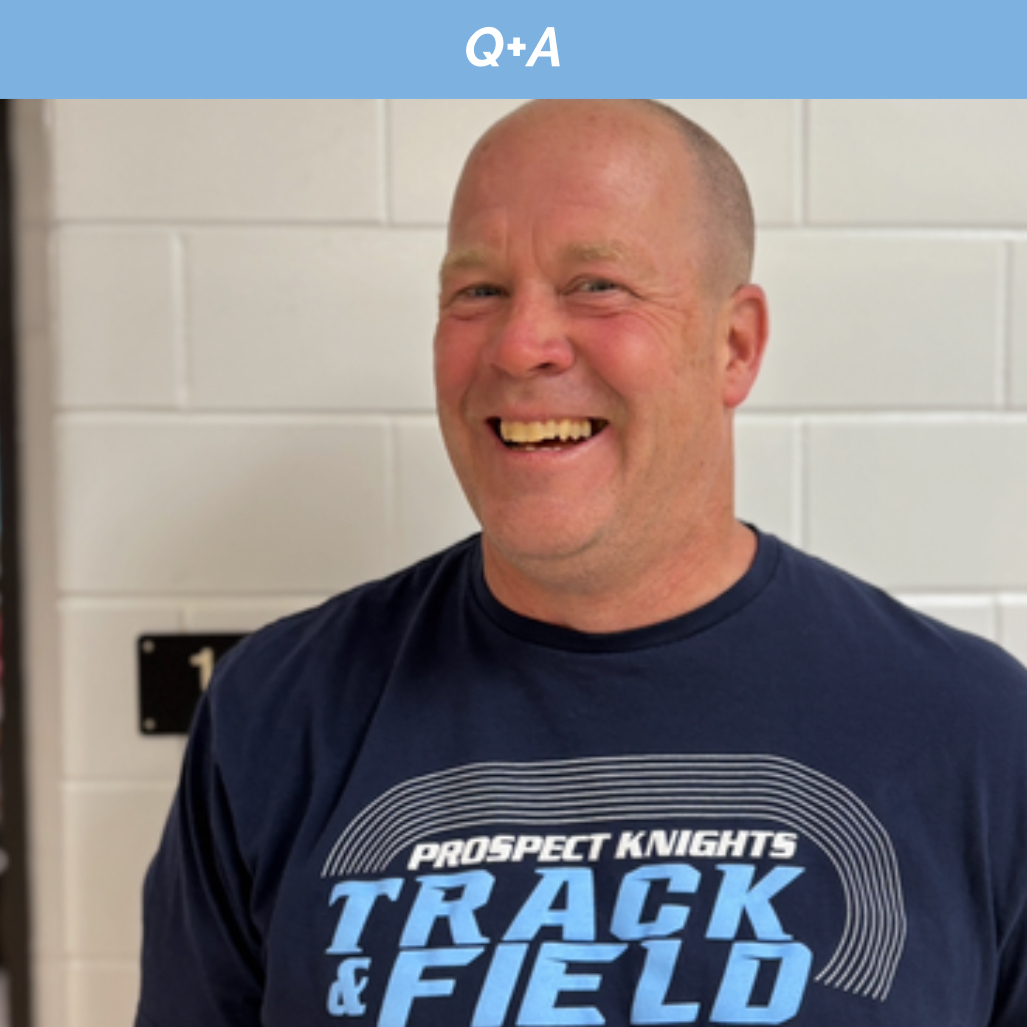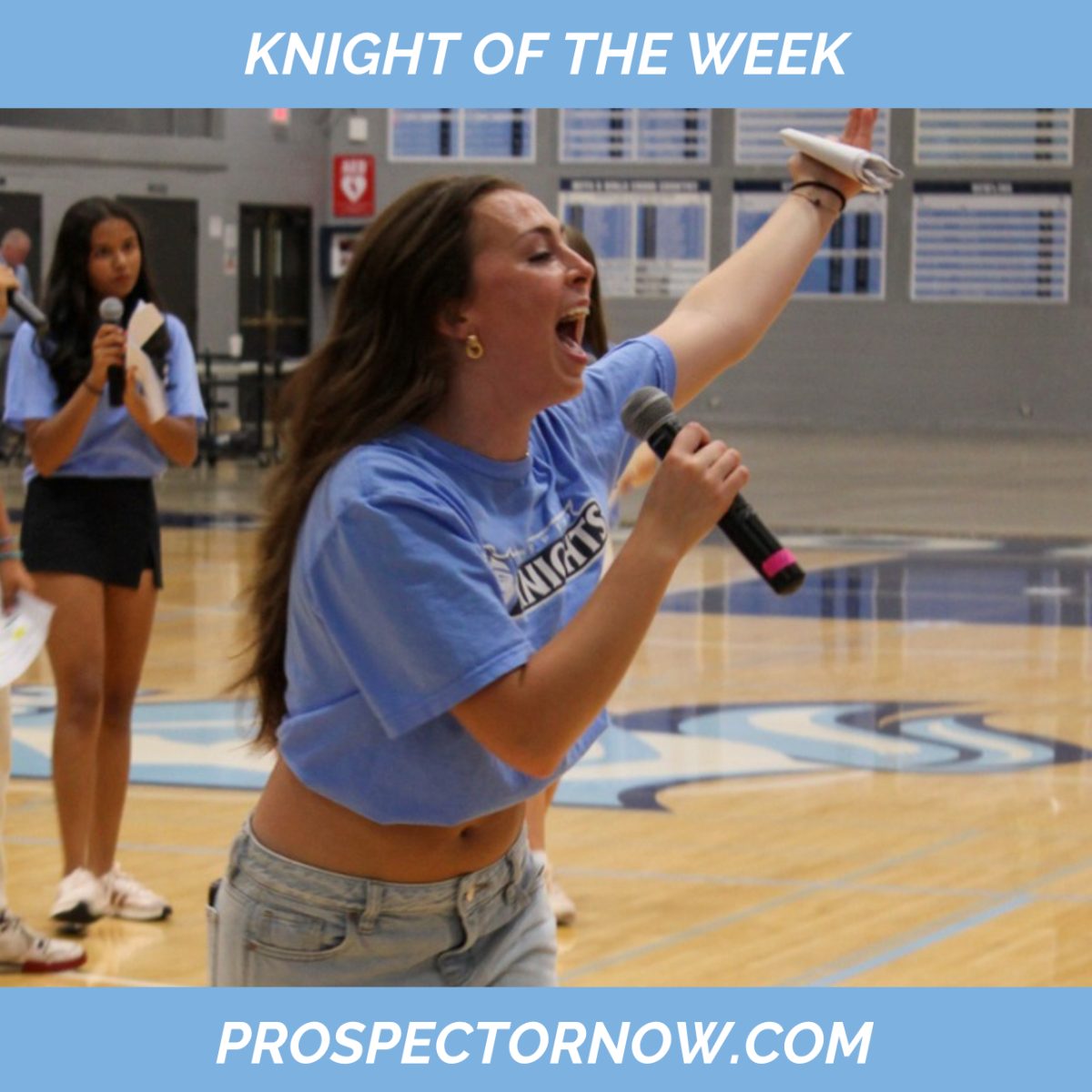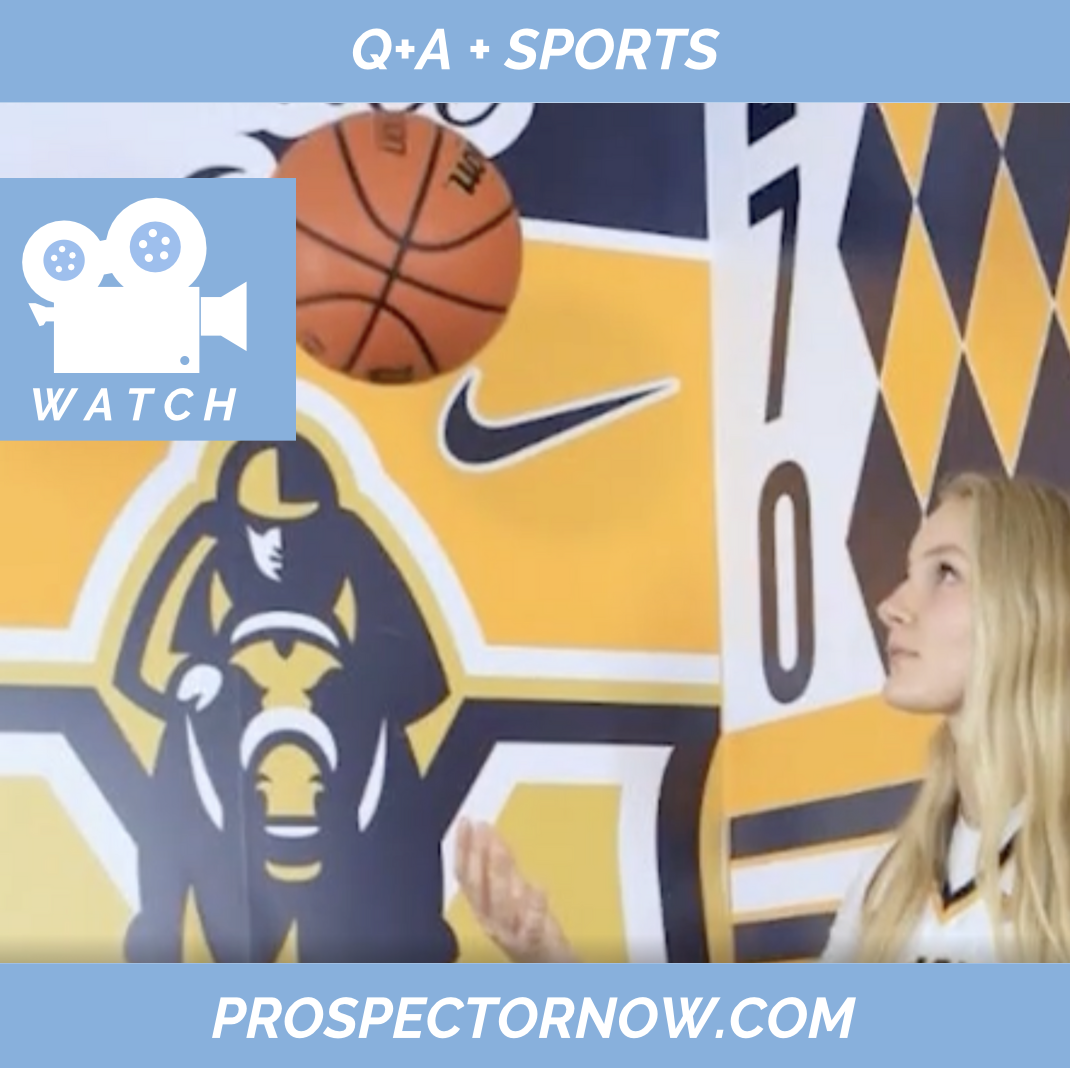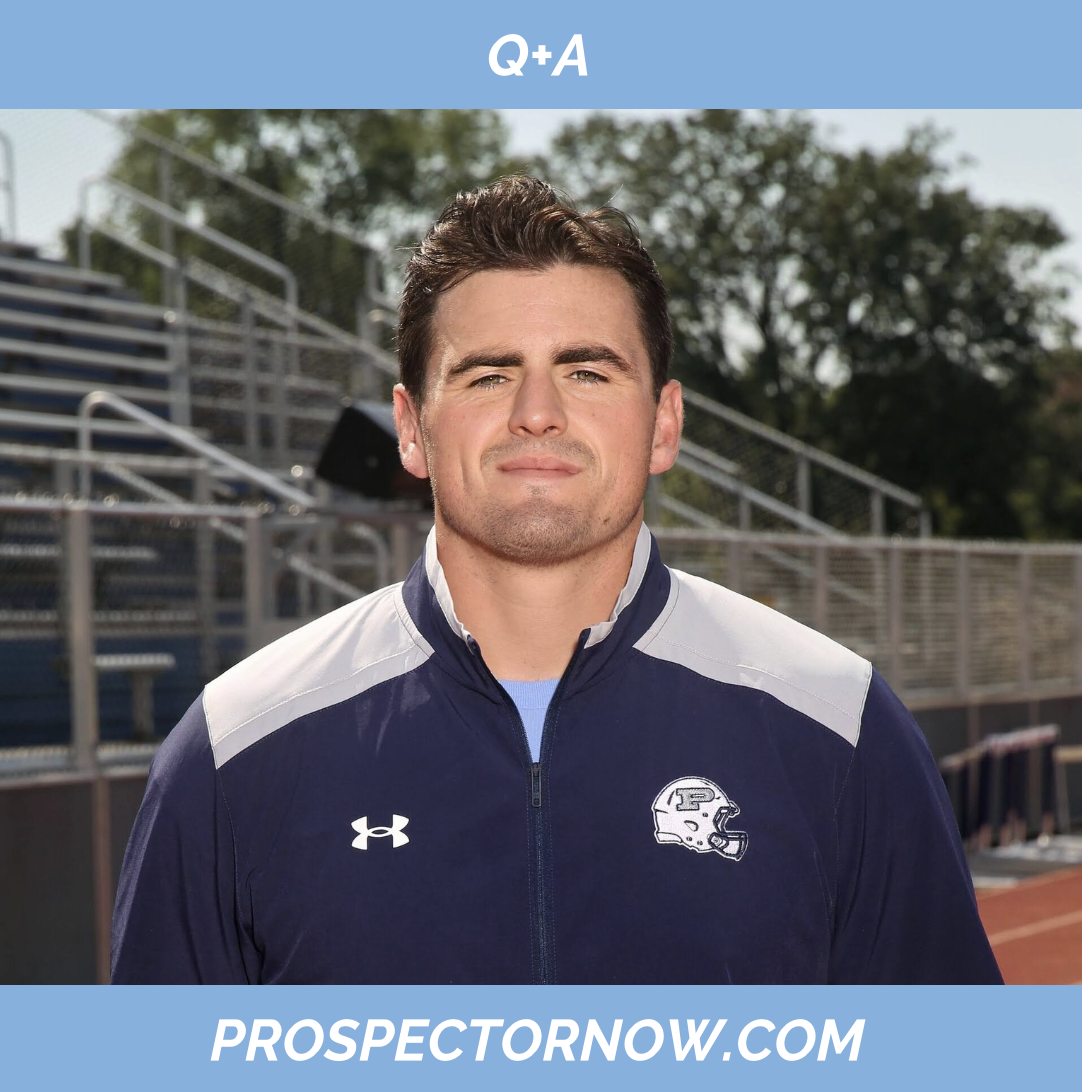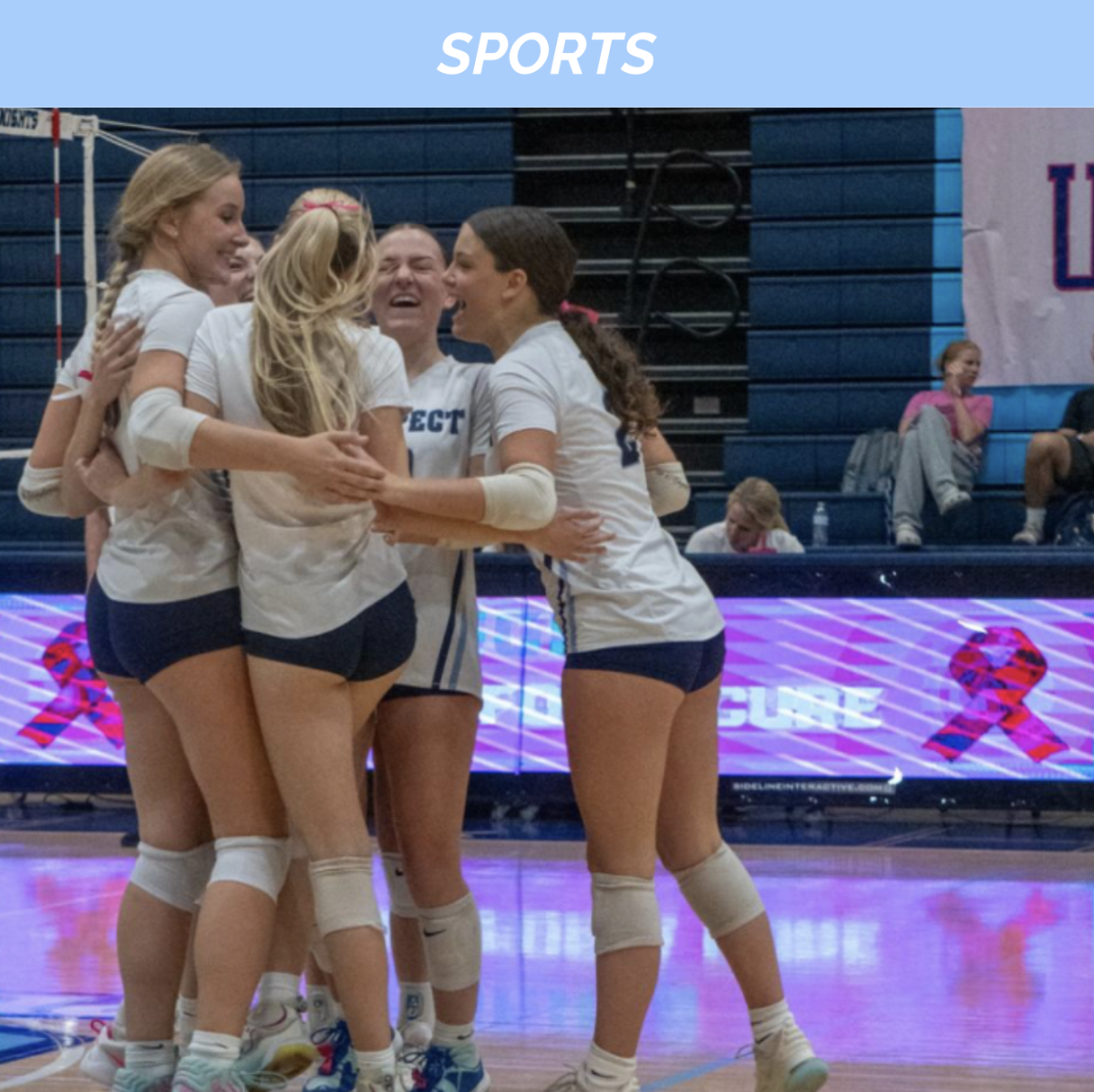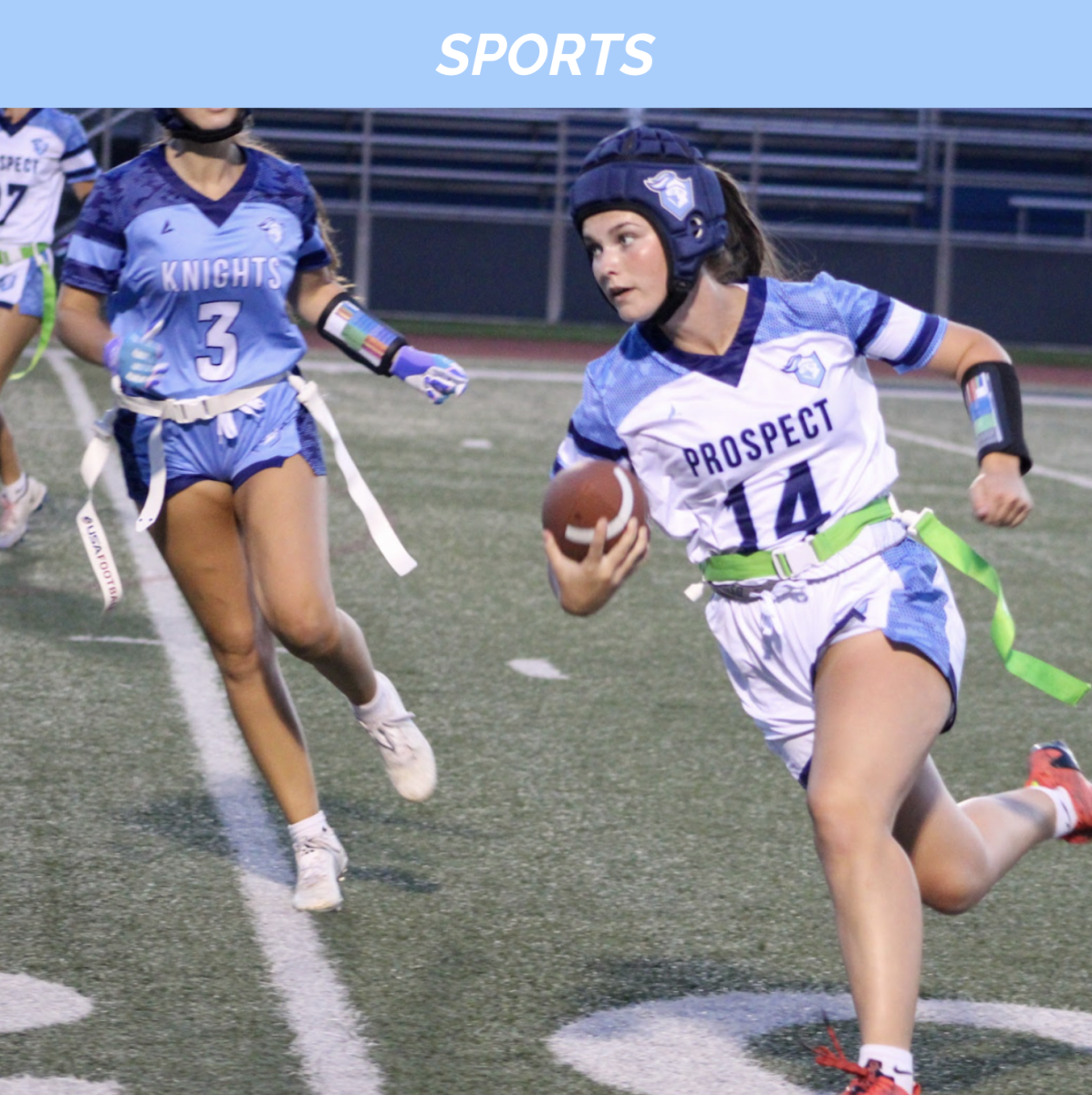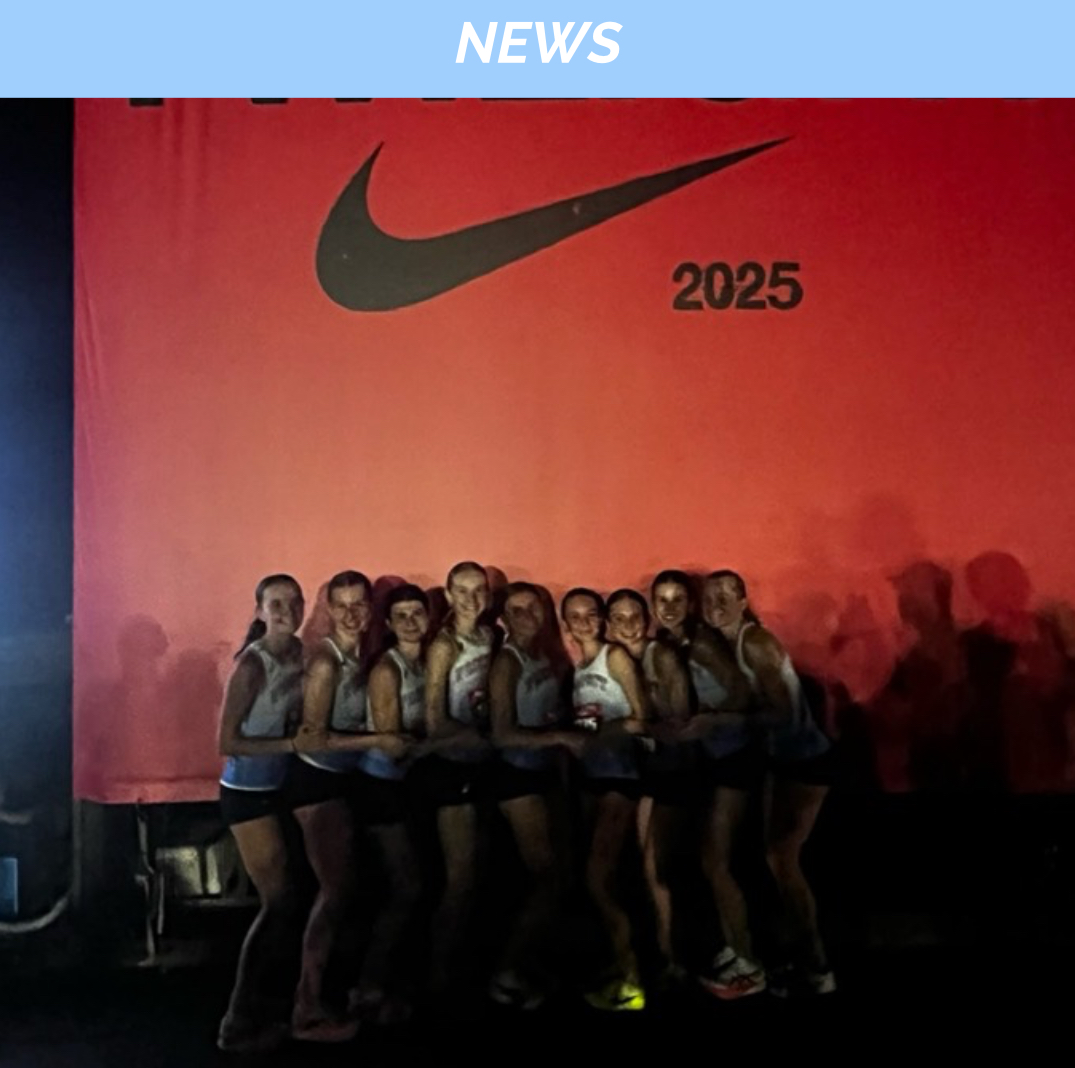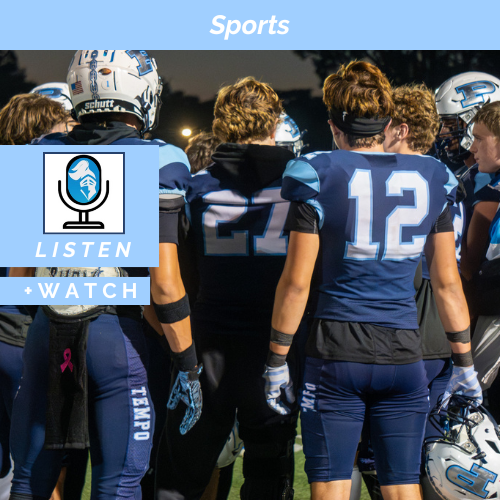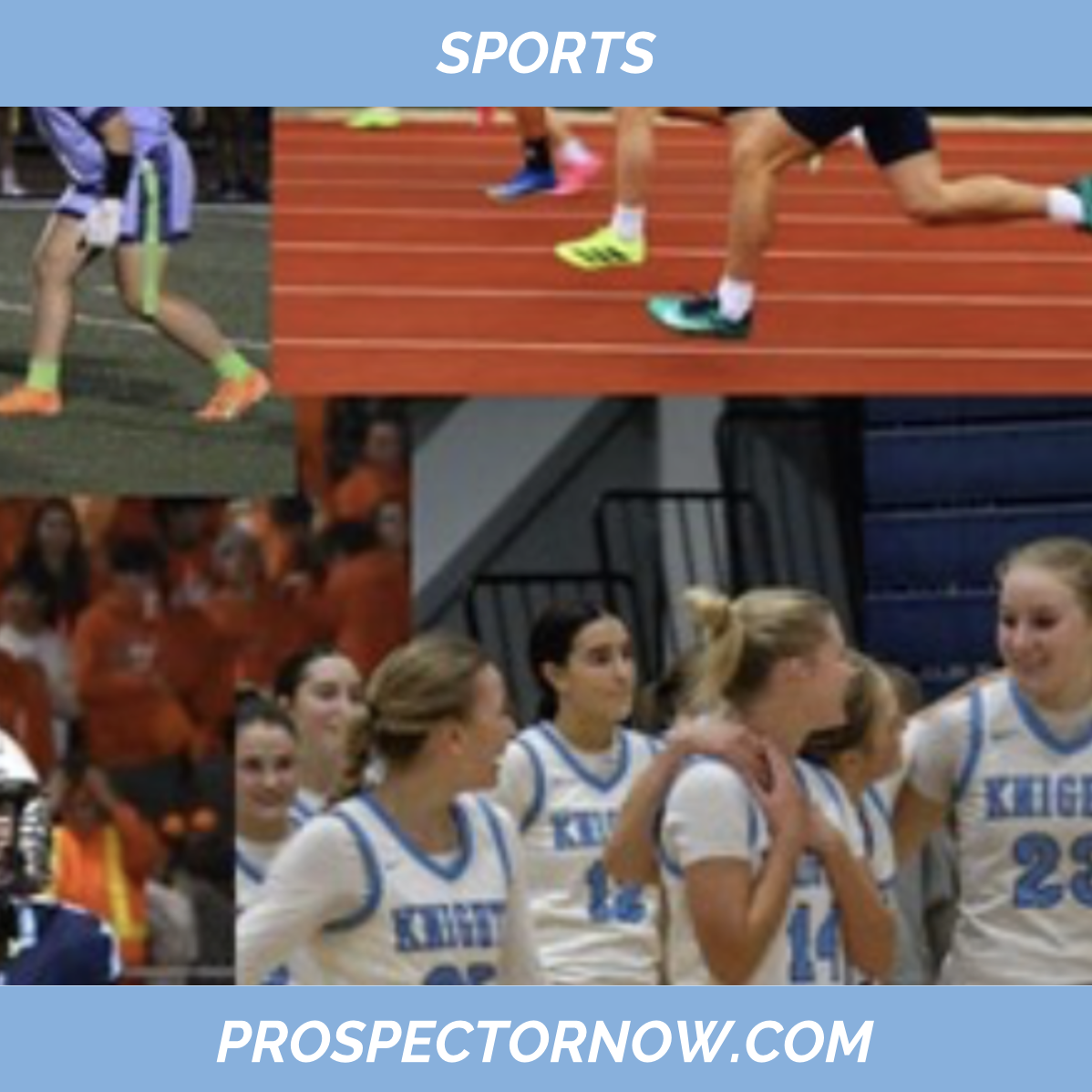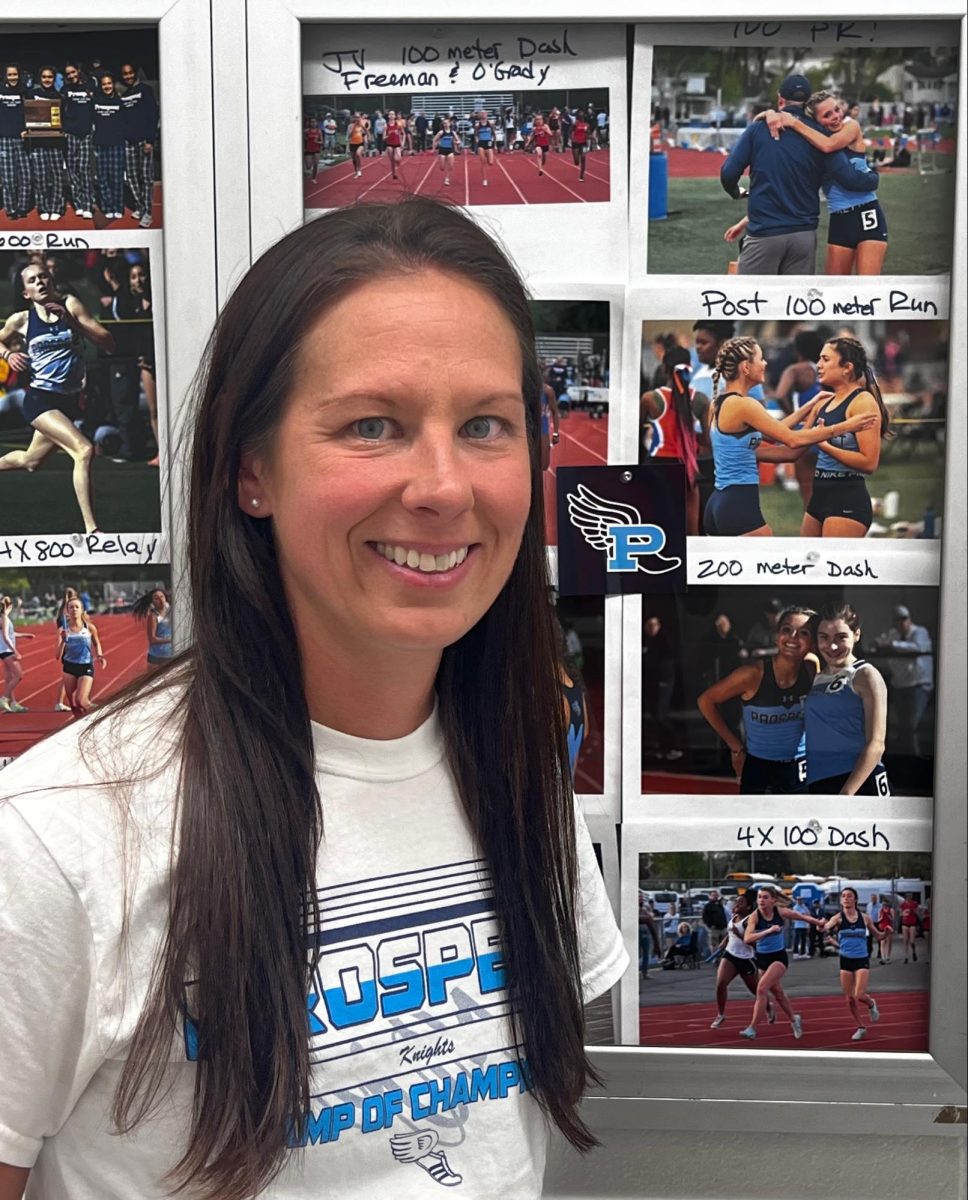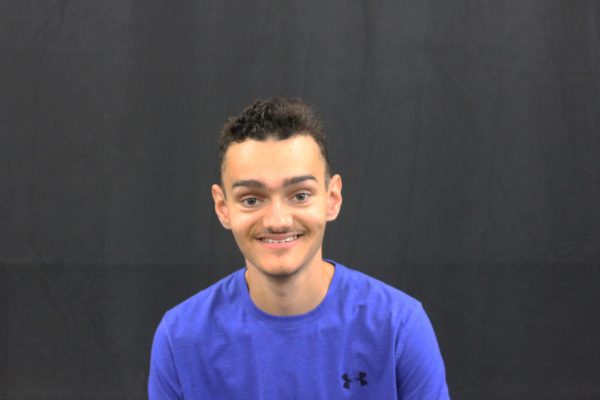Standing in the George Gattas Memorial Stadium on Thursday, Aug. 31, the rust-colored Astro-Turf beneath her feet, junior Veronica Znajda couldn’t suppress the nerves welling up inside of her about the cross country workout ahead – six to seven 800 meter repeats at a fast pace. For Znajda, a workout like this, which combines high endurance with high speed, could be an intimidating task on any day. To complicate matters, Znajda had just recovered from a fever that had kept her home from school the previous day.
Because of her fever, Znajda did not feel ready for the task set before her, so she approached Melissa Coughlin, one of two new assistant coaches on the girls’ cross country team this year, for advice on her feelings.
Coughlin reassured Znajda by telling her, “Yep, it’s totally normal. You were just sick, and you’re probably catching up on schoolwork too. You’re getting in your own head, so you need to just let your teammates do the work for you and stop thinking about it.”
Her feelings validated and off her chest, Znajda pushed through the workout despite its difficulty because she knew she could lean on the support of her teammates who were doing it with her.
“I felt pretty out of breath for most of [the workout], but by the end of it, I was proud that I got through it,” Znajda said.
As a coach, Coughlin recognizes that a calm, confident mindset is a major component of cross country athletes’ success.
“Coach Coughlin was really … understanding to me, and she helped talk me through my feelings about why I was nervous,” Znajda said. “She kept checking in with me throughout the day, so I think she’ll really help us with the mentality of cross country … she seems pretty experienced in that sort of thing.”
In fact, Coughlin is well acquainted with the challenges running can present to athletes’ bodies and minds, since she ran cross country races during her time at Westview Hills Middle School, Hinsdale Central High School, and the University of Dubuque. All the running she did instilled an affinity for the sport that led her to coach not only cross country but many track events as well.
Coughlin’s coaching career began at Galena High School after she fell ill during the spring of her senior year of college. This caused her to lose much of her training progress she had made up to that point. She thus felt unprepared to compete in her final college season. However, coaching jobs were available at Galena, which was only 16 miles away from Dubuque University. As a result, Coughlin took advantage of the opportunity and coached middle distance and long distance track at Galena until 2009. After switching to New Trier, which was closer to her home, she first coached cross country and distance track, but added sprinters to her repertoire in 2016.
Coughlin stopped coaching cross country at New Trier after last season when head girls cross country coach Pete Wintermute heard of her from a fellow coach. Wintermute says that when he called Coughlin to ask if she would join Prospect, she accepted the offer, which thrilled him.
“I was first described to her that she was gonna be a coach that when I met her, I would absolutely love … she’s very kid-centered and has similar expectations to myself … we think alike, but she always keeps me thinking, and [she] is also a huge addition to our program,” Wintermute said.
Forming relationships with athletes is something Coughlin has plenty of experience with; she has done so for both track and cross country runners and has a passion and personal connection to both sports.
“As an individual, I truly love cross country more,” Coughlin said. “ [For] the coaching aspect, there’s more things to coach in track and there’s different personalities and athletes that come out … so it can be a little bit more exciting and interesting in that regard, so I do love coaching track as well.”
Considering her diverse coaching experiences, Coughlin has gained knowledge and expertise that she is excited to share with her athletes to help them improve.
“Coach Coughlin is more outspoken,” Znajda said. “ She has more ideas than we’ve heard before about our form and strengthening, so it’s nice to get a new opinion.”
Znajda said she appreciates Coughlin’s eagerness to proactively work with her and the other athletes so they can learn to become even more effective and efficient cross country runners.
While the athletes are running, Coughlin often gives Znajda and the other athletes physical cues to maintain their running form, such as “keep your hips up,” “look straight ahead,” and “relax your breathing.” When the athletes are squatting in the weight room, Coughlin places a bench behind the athletes to see if their hips touch the bench on each rep, thus making sure they are squatting with enough depth. These are just some of the ways Coughlin teaches athletes about proper technique.
“I admire [Coughlin’s] ability to correct us and feel comfortable doing that,” Znajda said. “ … I feel like a lot of times, a new coach might be nervous about telling someone to fix their form or something … because they don’t want it to come off as criticism … it’s admirable that [she’s] willing to help us and not just stand on the sidelines.”
Similar to her experience coaching track and field, Prospect’s girls cross country program has allowed Coughlin to meet athletes with a variety of goals and personalities and help them develop their abilities to endure the mental difficulties of the sport.
“Every day brings its own challenge with many athletes on the team,” Coughlin said. “Somebody’s always having a bad day or struggling in a workout, and I’ve had the opportunity to support them and work through those things with them.”
Even as seasoned a coach as Coughlin, every new interaction she shares with athletes offers her new insight about how to maximize the team’s potential as athletes and as individuals.
Coughlin and Wintermute both believe that the way the team practices every day determines their performance in competitions. Therefore, they frequently discuss competitive strategies they think are most beneficial to athletes during a race.
While a group of athletes goes for a run, Coughlin and Wintermute often jog behind them and share their ideas back and forth. According to Wintermute, these have included how fast the athletes should come out of the starting line, what times in a race are the best for athletes to stride ahead of other runners, and when it is most advantageous for the team to run in small groups instead of individually.
“I think those are places where we really start to feed off each other and learn how we both operate and what we believe in,” Wintermute said. “Ultimately, when you have good assistants, the assistants become an extension of the head coach … they’re another set of eyes and ears that are really helpful when we have a program of 60-plus kids … I’m so incredibly appreciative of them wanting to get involved with our program and being here with us.”
Through her conversations with Wintermute, Coughlin has been able to continue to expand her already extensive knowledge of cross country and assist the athletes in their own progression and growth.
“[My new role at Prospect] has been a really good opportunity to get to know the team and coaches,” Coughlin said. “It’s been a learning experience, and you’re never too old to continue learning.”



